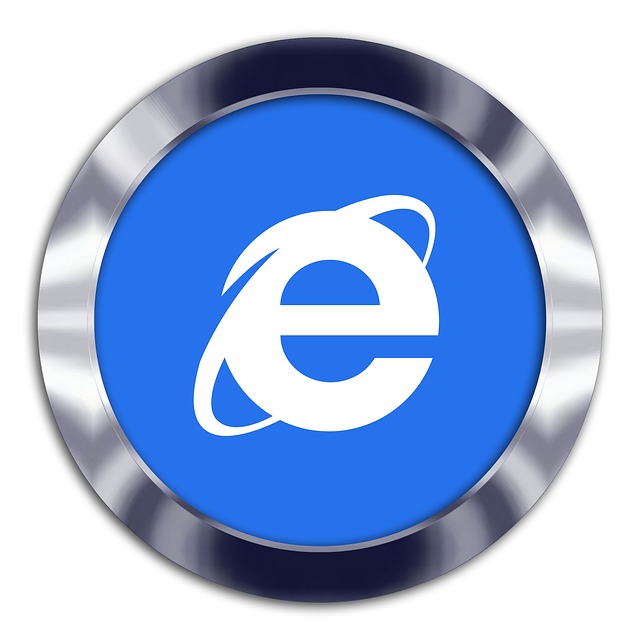Microsoft Shuts Down the Internet Explorer Browser After 27 Years

Microsoft is retiring its first version of the Internet Explorer (IE) browser after nearly 27 years.
The company is asking customers to convert to its cutting-edge Edge browser, which it believes would provide consumers with a faster and more secure browsing experience.
Users will, however, continue to have access to the virtual version of the out-of-date browser. Here’s everything you need to know.
In a blog post, Microsoft announced the end of Internet Explorer and urged that users switch to the Edge browser for a better experience than IE. Microsoft Edge is capable of dealing with a basic issue: compatibility with older, legacy websites and programs. It’s not simply that it’s a faster, more secure, and more modern browser than Internet Explorer.
Despite the fact that the company has already established its cutting-edge Microsoft Edge browser, it still does not have the largest share of the desktop browser market. W3 Counter predicts that by 2022, Chrome will be the most widely used and popular browser on the planet. According to the poll, Microsoft Edge and Internet Explorer together account for only 3.8 percent of global browser market share, down from an estimated 95 percent in 2003.
On the other side, Google Chrome has a share of roughly 71.6 percent.
Chrome’s success stems from the fact that it comes pre-installed on all Android handsets and that users rarely install any other browsers. It has a simple, uncomplicated user interface and a lot of capabilities. Safari is also performing well, with a market share of roughly 15.2 percent.
Because Microsoft isn’t completely removing IE, it will still be available through the Edge browser. There is an Internet Explorer mode, but you’ll have to dig a little deeper into the settings to locate it because it’s not readily apparent. When switching to this model, Microsoft recommends using a modern browser for a safer experience and a wider range of capabilities.
Before we go any further, it’s worth noting that, according to Microsoft’s FAQ website, Internet Explorer is only being phased out on Windows 10 20H2 and subsequent editions. Anyone who is still using Windows 8.1 will not be affected by the most recent end-of-life notice.







